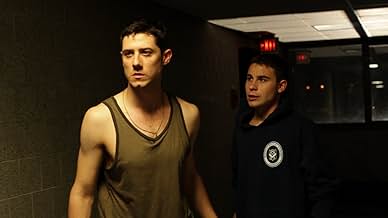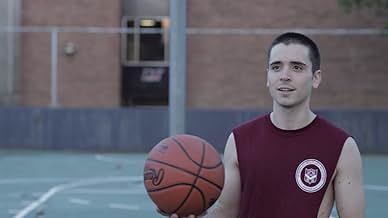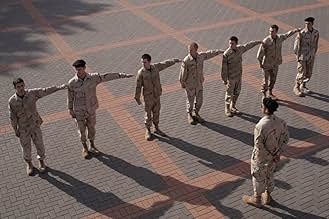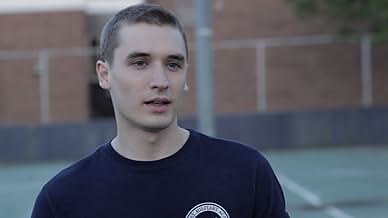I recently rented this film after having discovered it entirely by accident. I admit that I am a Romeo and Juliet Junkie, but I am always open to new settings and the like. The more I delved into the film, the more attached I got to these characters. These guys were outstanding in their own way, how they played the characters, how they conveyed the poetry and making it seem completely natural. Seth Numrich and Matt Doyle perfectly conveyed the romance of Seth/Romeo and Glenn/Juliet. While some people may easily be bothered by a gay interpretation of Romeo and Juliet, I had no issues/problems with it at all. The chemistry between those two was so sweet and innocent, I could not help but be drawn into the story. For me, even if I was bothered, the poetry and the story are all that matters! Doyle in particular makes a very strong Juliet, standing up to the bullying Hale Appleman's Lord Capulet/Mercutio (also outstanding). The film is beautifully shot, with close-ups on the lover's hands as they hold and touch one another. There are plenty of other tender moments throughout. The setting is also very sparse, with the empty hallways and courtyards, like the stage is waiting for the tragedy to unfold. I won't say anything about the ending, other than I was oddly satisfied. Somehow it works. And this movie does too. I cannot wait to add it to my Shakespeare collection.

























